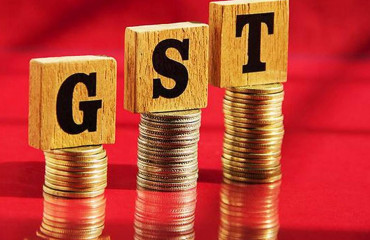
New Delhi: The government's steps to boost the Indian rupee's use in cross-border payments have found limited success so far. It has encouraged large oil exporters to accept the rupee to settle trades, while the Reserve Bank of India (RBI) has allowed banks from 18 countries to open Special Vostro Rupee Accounts (SVRAs) to settle payments in Indian rupees.
New Delhi: The government's steps to boost the Indian rupee's use in cross-border payments have found limited success so far. It has encouraged large oil exporters to accept the rupee to settle trades, while the Reserve Bank of India (RBI) has allowed banks from 18 countries to open Special Vostro Rupee Accounts (SVRAs) to settle payments in Indian rupees.
However, rupee settlements are yet to take off in a big way. Mint explains the challenges it faces in its aspirations to become a global currency.
What is the government's vision for the rupee?
The government is trying to internationalise the rupee in the hope that it will be a hard currency in a decade. Hard currency refers to money that is issued by a nation that is seen as politically and economically stable. It is widely accepted around the world as a form of payment for goods and services and may be preferred over the domestic currency.
The plan is not to disturb the US dollar's position as the world's reserve currency, which it is expected to maintain for the foreseeable future, but to position the rupee as a hard currency – such as the Japanese yen, the British pound and the euro – that is widely accepted around the world as payment for goods and services.
If the Indian rupee becomes a hard currency, it will also become a part of the International Monetary Fund's special drawing rights (SDR) basket, allowing it to be held by others as foreign-exchange reserves. This would in turn lower India's financing costs.
Will efforts to settle bilateral trade with individual countries in rupees help it become a global currency?
The government has been encouraging bilateral settlements in rupees with individual countries to help turn it into a global currency. It is also working to make rupee settlements smoother, safer and more robust. But only time will tell whether these steps bear fruit.
What other measures has the government taken so far?
The government's steps toward creating a formal, tax-compliant economy have laid the foundation for the rupee to evolve into an international currency. Policies such as the Goods and Services Tax (GST) have expanded the tax base, improving the country's fiscal capacity (a key characteristic of hard currencies), and creating more demand for the currency.
Other initiatives, such as Aadhaar and the Pradhan Mantri Jan Dhan Yojana (PMJDY), are also aimed at boosting the formalisation of India's economy and ensuring higher financialisation of savings, which would make the currency more attractive to investors in the coming years and decades.
For now, the Indian rupee remains a partially convertible currency, meaning it is traded in low volumes in the global foreign exchange market and the government has capital controls that limit the amount of currency that can exit or enter the country.
What are the major challenges in turning the rupee into a hard currency?
Turning the rupee into a hard currency is a complex process that depends on several factors, such as economic stability (which includes maintaining low and stable inflation), consistent growth, and a balanced trade environment to instil confidence among trading partners and international investors.
Strong fiscal and monetary policies by the government and central bank, including effective national debt management and sensible interest-rate policies, are also crucial. According to the Global Trade Research Initiative (GTRI), an economic think tank, transforming the rupee into a hard currency would require significant systemic changes which, if not carried out effectively, could destabilise the economy. India should work to make local-currency settlements more robust in the short term before looking to make the rupee a hard currency, GTRI said in a recent note.
